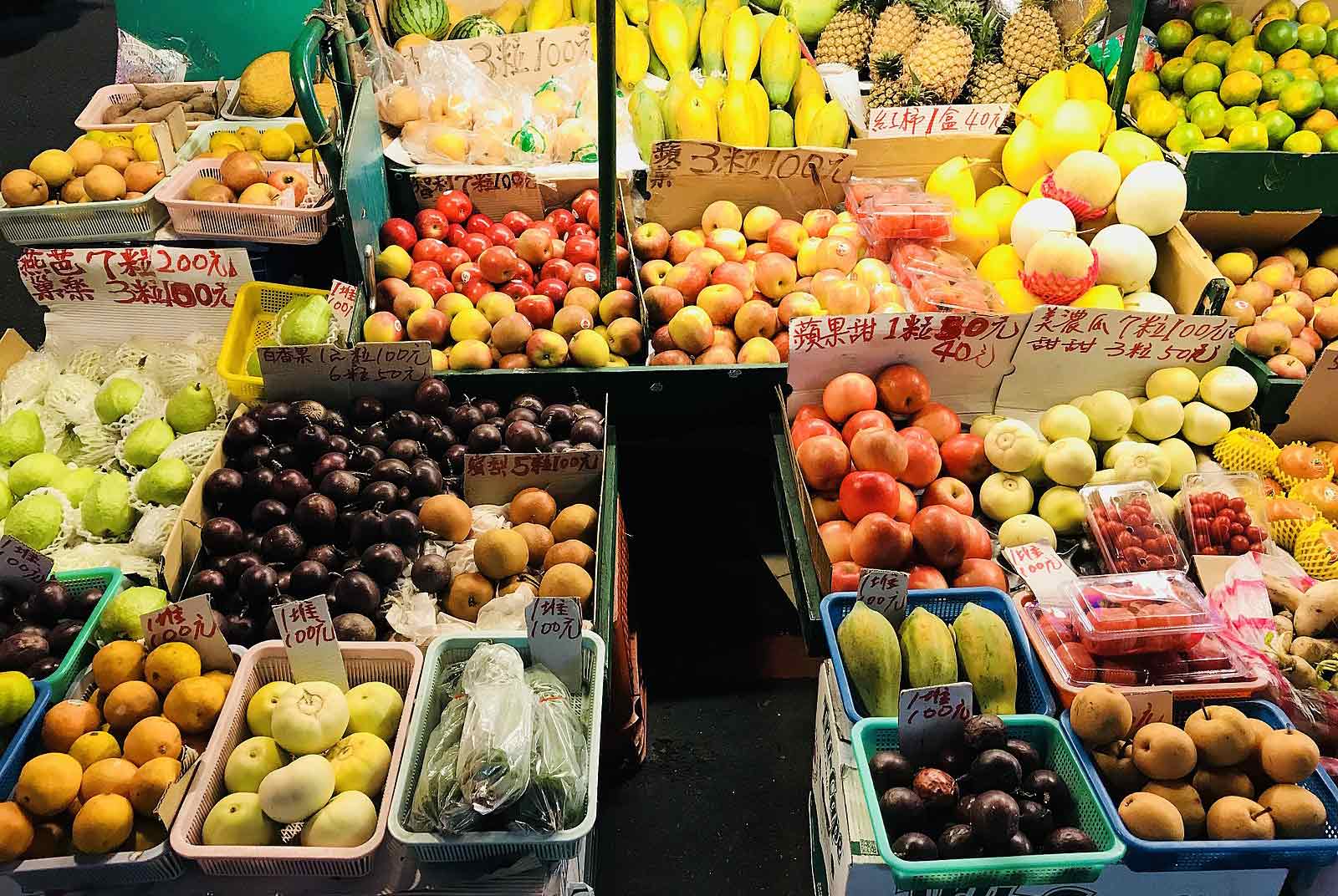'Linking Our Lives'
Daughter of Press Tycoon Cheng Shewo: Lucie Cheng

Source:Dear Lucie
As a person who achieved a lot in her life, Lucie Cheng hardly ever talked about herself. Many of her friends in Taiwan were unaware that she propelled the field of Asian American studies in a new direction as the longtime director of the Asian American Studies Center at UCLA. Likewise, her friends in the United States did not know that she continued to help disadvantaged groups such as Asian migrant workers and immigrant spouses to make themselves heard in Taiwan.
Views
Daughter of Press Tycoon Cheng Shewo: Lucie Cheng
By Fiona ChouFrom CommonWealth Magazine (vol. 494 )
Linking Our Lives – Lucie's Life Exploration, a documentary film directed by Editor-in-Chief at CommonWealth Magazine Group Diane Ying about the life of her close friend, pioneering social scientist Lucie Cheng, has won the 2012 Golden Harvest Award for best documentary.
Cinematographer Liao Pen-jung, one of the jurors, recalls that even during the first round of deliberations, Linking Our Lives deeply impressed the entire jury panel, who felt moved by the film's meticulous efforts and the depth of its message.
The documentary takes its title from Cheng's groundbreaking scholarly work of 1984. The book Linking our Lives portrayed the courage of Chinese American women in Los Angeles as they settled and built their communities in a foreign land. The documentary aims to spread the key message that Cheng promoted throughout her life:
"None of us are powerless, but we have to learn how to use the power we have."
Ying, who made her directorial debut with this film, believes, "One of the best ways to commemorate a person is to let her spirit live on." Ying hopes to move young people with her documentary, to encourage them to get involved in society, and to let them feel Cheng's spirit of courageously exploring life and searching for answers to society's problems.
The film portrays Lucie Cheng, a pioneering scholar of feminist issues and disadvantaged groups, and the unfettered spirit with which she pursued academic freedom and freedom of mind, through hands-on work in society.
The daughter of press tycoon and Shih Hsin University founder Cheng Shewo, Lucie Cheng was born in Hong Kong, but grew up in Taiwan. Following graduate studies and a doctorate in the United States, she embarked on an academic career at the University of California, Los Angeles (UCLA). She returned to Taiwan in the 1990’s to carry on her father’s newspaper.
Ying describes Cheng as a person who achieved a lot in her life, but hardly ever talked about herself. Many of her friends in Taiwan were unaware that she propelled the field of Asian American studies in a new direction as the longtime director of the Asian American Studies Center at UCLA. Likewise, her friends in the United States did not know that she continued to help disadvantaged groups such as Asian migrant workers and immigrant spouses to make themselves heard in Taiwan.
Keen on paying homage to Lucie's exceptional life, Ying decided to shoot a film that highlights the most important links between people: ideals, love and friendship. She put together a film crew and went to the United States to trace back Cheng's work as a social scientist, visiting the coffeeshops where she used to meet her friends, and seeing the world through Cheng's eyes by interviewing people who worked with her at UCLA – students, fellow academics and the university president.
The filmmakers found out that many of Cheng's former students and colleagues have become quite successful themselves, including Judy May Chu, who was elected the first-ever Chinese American congresswoman in 2009.
In Taiwan the alternative media that Cheng headed continue to thrive. Lih Pao Daily, an education-oriented alternative newspaper, focuses on Taiwan's indigenous people, the environment, labor and globalization issues and has won many awards for quality news reporting.
Cheng was also behind the founding of Taiwan's only dedicated print media outlet for migrant workers, spouses, and new immigrants from Southeast Asia. 4-Way Voice, is currently issued in five languages – Indonesian, Vietnamese, Thai, Tagalog, and Cambodian – serving the island's estimated 900,000 Southeast Asian immigrants. Last year 4-Way Voice was awarded the Social Contribution Award by the Foundation for Excellent Journalism.
Pots Weekly, the epitome of radical, non-mainstream journalism in Taiwan, continues to be a forum for alternative art and culture and defines itself as "the voice of Generation Next." And Shih Hsin University's Graduate Institute for Social Transformation Studies, which Cheng founded, has become a cradle of social leadership, producing many graduates who have gone on to lead or hold key positions in civic groups and non-profit organizations dedicated to social development and social activism.
The documentary ends with a statement by Cheng: "Only through destruction comes construction. Yet construction is always followed by destruction. Generations past, present and future slide along these dialectics of destruction and construction. And through this process a few seeds will inevitably find themselves sprouting and blossoming on this land."
Certainly, the seeds that Cheng sowed "Let the disadvantaged find their voice" are still germinating and growing stronger despite her all-too-early departure, and serve to let her spirit live on.
Translated from the Chinese by Susanne Ganz
For more information:
Chinese version:榮獲金穗獎最佳紀錄片 《綿延的生命》-Lucie的人生探索
Obituary: Lucie Cheng, 70, former director of UCLA Asian American Studies Center






